How Lawyers Build a Strong Defense Strategy
Introduction
Understanding the fundamentals of crafting a robust defense strategy is crucial for legal practitioners, especially those who work in a criminal defense law office. This article explores the essential steps lawyers take to build an effective defense, examining each facet from evidence gathering to courtroom presentation. A well-constructed defense strategy can be the determining factor between an acquittal and a conviction, underscoring its importance in the realm of law.
1. Understanding the Case
1.1 Analyzing Client Information
Analyzing client information is the cornerstone of developing a defense strategy. Lawyers begin by thoroughly understanding their client's background, motivations, and any personal circumstances relevant to the case. This comprehensive approach helps in building a narrative that can be presented compellingly in court. The attorney-client relationship is built on trust, which is why confidentiality and understanding are pivotal. By gaining insight into the client's perspective, lawyers can tailor their defense to better align with the individual's needs and circumstances.
1.2 Reviewing Legal Precedents
Reviewing legal precedents is an integral part of understanding the case, as it helps predict how similar cases have been interpreted. Lawyers meticulously examine prior rulings to draw parallels and identify potential legal arguments. This research helps in crafting a defense strategy that is both innovative and grounded in existing law. Familiarity with precedents provides a foundational base for crafting legal arguments that can withstand the scrutiny of the courtroom. By leveraging historical cases, attorneys can strengthen their position and increase their chances of a favorable outcome.
1.3 Identifying Key Issues
Identifying key issues in the case is essential for developing a focused and strategic approach. Lawyers sift through all available information to pinpoint the core issues that will drive their defense strategy. This process involves pinpointing the facts, evidence interpretations, and legal issues that could influence the case outcome. Effective issue identification ensures that attorneys are not sidetracked by irrelevant information. By maintaining focus on the most pressing matters, legal representatives from a criminal defense law office can efficiently allocate resources to strengthen their client's defense.
1.4 Evaluating the Opposition's Standpoint
Evaluating the opposition's standpoint is crucial for anticipating their arguments and responses. This entails understanding the prosecution's case theory, evidence, and potential strategies. By knowing the strengths and weaknesses of the opposing case, lawyers from a criminal defense law office can craft counter-arguments and prepare for rebuttals. A proactive approach to understanding the opposition often involves simulating possible courtroom scenarios. This comprehensive evaluation enables attorneys to foresee challenges and strategically maneuver through the litigation process.
1.5 Consulting Subject Matter Experts
Consulting subject matter experts can provide invaluable insights and bolster a defense strategy. Experts in various fields such as forensics, psychology, or technology can bring clarity to complex aspects of a case. Lawyers often rely on these experts to verify or challenge the validity of evidence presented. Additionally, their specialized knowledge can augment the credibility of the defense in court. By integrating expert testimony into their strategy, attorneys can present a more compelling and informed argument.
2. Gathering Evidence
2.1 Identifying Types of Evidence
Evidence plays a central role in formulating a defense strategy, making it essential to identify all potential types of evidence. These include physical evidence, witness testimonies, digital records, and forensic data. Lawyers meticulously catalog each type of evidence to ensure comprehensive coverage. The process of evidence identification requires careful attention to detail while abiding by legal standards. By understanding the types of evidence that could impact the case, attorneys can craft targeted and effective defense strategies.
2.2 Conducting Witness Interviews
Conducting witness interviews is a vital step in gathering testimony that could support the defense. Skilled lawyers use these interviews to glean insights, confirm facts, and gather anecdotal evidence. Interviewing witnesses carefully and empathetically can uncover new information that may not be apparent from records alone. It's crucial for lawyers to establish rapport with witnesses to encourage honest and complete testimony. Detailed witness statements can then be correlated with other evidence to build a cohesive defense narrative.
2.3 Collecting Physical and Digital Records
Collecting physical and digital records is an essential process encompassing everything from photographs and videos to emails and social media posts. This comprehensive collection of records helps form a timeline and corroborate testimonies. In today's digital age, electronic evidence has become increasingly pivotal in legal cases. Lawyers must ensure that any digital evidence is collected in a manner that maintains its integrity and legality. Though crucial, the expansive data collection requires careful management to avoid being overwhelmed or missing vital pieces of evidence.
2.4 Analyzing Forensic Data
Forensic data analysis covers a wide range of disciplines, including forensic accounting, pathology, or toxicology. Forensic expertise is crucial to challenge or support scientific claims made by opposing attorneys. Accurately interpreting forensic data allows lawyers to draw important conclusions about their client's involvement or innocence. Furthermore, mastery of forensic details can enhance the persuasiveness of courtroom arguments. Lawyers rely on comprehensive forensic analysis to corroborate accounts and solidify their defense strategy.
2.5 Ensuring Evidence Integrity and Legality
Ensuring the integrity and legality of evidence is paramount to prevent dismissals and ensure admissibility in court. Evidence must be properly preserved, documented, and handled to maintain its validity. Lawyers work closely with investigators and law enforcement to ensure all procedures comply with legal standards. According to Stateline, the number of homicide cases in the United States declined by 16% in 2024, illustrating the importance of proper evidence handling in successful legal outcomes. A criminal defense law office's adherence to strict protocols helps protect evidence from being tampered with, supporting a strong defense.
3. Formulating Legal Theories
3.1 Exploring Defense Possibilities
Exploring defense possibilities involves considering various legal theories that could explain or justify the client's actions. Lawyers often brainstorm multiple approaches before settling on the most viable option. This can include arguing mistaken identity, justification, or alibi, depending on the specifics of the case. A well-rounded analysis helps attorneys anticipate potential counter-arguments from the prosecution. By examining different defense possibilities, lawyers can develop a multifaceted and adaptable defense strategy.
3.2 Considering Affirmative Defenses
Affirmative defenses are those in which the defendant acknowledges the offense, but provides justification for it. Lawyers must thoroughly understand the implications of this strategy and its suitability for the case. Successfully employing an affirmative defense often requires extensive evidence and compelling testimony. Examples include self-defense or consent, each tailored to the particulars of the situation. Through careful consideration and effective presentation, affirmative defenses can significantly impact the trial's outcome.
3.3 Developing a Narrative
Developing a strong and persuasive narrative is crucial for making complex legalities relatable and understandable to a jury. This narrative acts as the storyline that connects the evidence and testimony in a way that supports the client's innocence. A compelling narrative can humanize the client, presenting them in a sympathetic light. Lawyers craft their narrative carefully, ensuring it aligns with all presented evidence and testimony. The goal is to make the defense's case as cohesive and convincing as possible, swaying the jury in the client's favor.
3.4 Consulting with Legal Mentors
Consulting with legal mentors provides attorneys with valuable insights and alternative perspectives on the case. Experienced mentors can offer guidance on intricate legal issues and the best strategies to pursue. This collaboration serves as an opportunity to refine arguments and increase the strength of the defense strategy. Mentors can also provide feedback on presenting evidence and handling courtroom procedures. By leveraging the experience of seasoned professionals, lawyers gain confidence and skill in defending their clients.
3.5 Crafting a Persuasive Argument
Crafting a persuasive argument is central to securing a favorable verdict. Lawyers must synthesize all evidence, testimony, and legal theories to present a coherent and compelling case. Persuasive arguments involve not only logical reasoning but also emotional appeal to connect with the jury on a personal level. Balancing these components is a subtle and nuanced skill refined through experience and practice. A well-crafted argument forms the linchpin of an effective defense strategy, capable of swaying opinions and reinforcing the client's case.
4. Prepping Witnesses
4.1 Identifying Key Witnesses
Identifying key witnesses is a critical step in strengthening the defense strategy from the criminal defense law office. These individuals provide crucial testimonies that can corroborate the client's narrative and discredit opposing arguments. Lawyers must carefully choose witnesses whose testimonies are relevant and impactful. This selection process requires understanding the case dynamics and the specific evidence required to support the defense. A well-chosen array of witnesses can provide the jury with multiple perspectives and reinforce the defense case's credibility.
4.2 Planning Witness Testimony
Planning witness testimony involves preparing witnesses thoroughly for their role in the courtroom. This preparation includes reviewing all relevant facts, practicing answers, and understanding the sequence of questioning. Lawyers spend considerable time with witnesses to ensure their statements align with the overall defense strategy. Effective testimony planning can prevent inconsistencies and bolster the case's integrity. Coaching witnesses on how to handle cross-examinations is also a critical component of this preparation.
4.3 Conducting Mock Interviews
Conducting mock interviews allows witnesses to practice their testimony in a controlled environment. These sessions help build the witness's confidence and familiarize them with courtroom procedures. Lawyers from a criminal defense law office may simulate potential questions and scenarios to prepare witnesses for the actual trial. Mock interviews also provide an opportunity for attorneys to identify potential weaknesses or areas needing further clarification. This proactive approach helps witnesses present their statements clearly and confidently during the trial.
4.4 Preparing for Cross-examination
Preparation for cross-examination is a vital part of witness readiness, ensuring that they can withstand rigorous questioning by opposing counsel. Lawyers educate witnesses on typical cross-examination tactics and how to remain composed. They emphasize the importance of honesty and maintaining a calm demeanor under pressure. Preparing witnesses for cross-examination helps minimize the risk of damaging admissions or contradictions. A well-prepared witness can enhance the credibility and reliability of the defense's case.
4.5 Building Witness Credibility
Building witness credibility is essential to persuade the jury of the truthfulness and relevance of the testimony. Lawyers work diligently to portray witnesses as honest, reliable, and unbiased. This involves coaching on demeanor, clarity, and the importance of truthful testimony. Presenting witnesses in a favorable light enhances their believability and the overall strength of the defense. Credible witnesses can reinforce the narrative and contribute significantly to a successful defense strategy.
5. Implementing Legal Research
5.1 Conducting Case Law Research
Conducting case law research provides insight into how similar cases have been resolved and the interpretations of relevant laws. Lawyers leverage this research to identify precedents that could support the defense arguments. Thorough research helps anticipate potential challenges and tailor strategies accordingly. Case law findings are instrumental in devising persuasive legal arguments that withstand judicial scrutiny. By understanding past rulings, attorneys increase the likelihood of favorable interpretations for their cases.
5.2 Analyzing Statutory Frameworks
Analyzing statutory frameworks entails understanding the specific laws and regulations that apply to the client's case. This in-depth review ensures that all legal requirements are met and provides avenues for defense arguments. Lawyers rely on statutory analysis to identify possible loopholes or misinterpretations by the prosecution. Being well-versed in statutory law strengthens an attorney's ability to defend their client. This comprehensive understanding is crucial to navigate complex legal requirements effectively.
5.3 Understanding Procedural Rules
Understanding procedural rules is necessary to ensure that all courtroom activities adhere to established legal protocols. Familiarity with these rules prevents procedural errors that could jeopardize the case and allows for strategic maneuvering. Procedural knowledge is also essential for effective motion practice, discovery, and trial conduct. Mastery of procedural rules enables lawyers to defend their client's rights and challenge any procedural missteps by the prosecution. This knowledge provides a strategic advantage in managing the case's legal complexities.
5.4 Staying Updated on Legal Trends
Staying updated on legal trends is essential for adapting defense strategies to current judicial climates and societal views. Lawyers need to be aware of evolving case law, statutory changes, and emerging legal interpretations. By staying informed, attorneys can refine their strategies to align with contemporary standards and expectations. This awareness aids in anticipating opposing arguments and preparing appropriate countermeasures. Keeping abreast of trends ensures that defense strategies remain relevant and persuasive.
5.5 Utilizing Legal Research Software
Utilizing legal research software streamlines the complex task of gathering and analyzing vast amounts of legal data. These tools provide efficient access to case law, statutes, and legal journal articles. Leveraging technology aids lawyers in quickly evaluating perspectives, drawing reasonable conclusions, and supporting their defense. With comprehensive digital databases, attorneys in a criminal defense law office can focus on refining their arguments instead of data collection. By maximizing the capabilities of legal research software, lawyers enhance the quality and depth of their case preparation.
6. Presenting in Court
6.1 Opening Statements
Opening statements set the stage for the trial by presenting a narrative that captures the jury's attention and outlines the defense's theory. This introduction is crucial for framing how evidence will be interpreted throughout the trial. Lawyers craft their opening remarks to be both clear and compelling, emphasizing key arguments. Establishing themes for the defense helps the jury understand complex legal issues more easily. Captivating opening statements can effectively lay the groundwork for a successful defense.
6.2 Cross-examination Techniques
Cross-examination techniques are critical for questioning the prosecution's evidence and testimonies. Lawyers employ these tactics to challenge the validity of opposing witnesses and reveal inconsistencies. Effective cross-examinations require understanding human behavior, intricacies of the case, and courtroom dynamics. By meticulously structuring questions, attorneys can impeach witnesses and introduce doubt regarding the prosecution's claims. Mastery of these techniques is vital for unraveling the prosecution's case and reinforcing the defense's narrative.
6.3 Effective Use of Exhibits
The effective use of exhibits is central to supporting verbal arguments with tangible evidence. Exhibits can include documents, photographs, video footage, or physical items pertinent to the case. Lawyers present exhibits strategically to reinforce the defense's narrative, often using them to clarify or underscore key testimony. Proper exhibit introduction and demonstration are guided by courtroom protocols, which attorneys diligently adhere to. Well-utilized exhibits can powerfully sway the jury's perception and understanding, lending credence to the defense.
6.4 Delivering Closing Arguments
Delivering closing arguments is the final opportunity for lawyers to synthesize and emphasize key points to the jury. This summation ties together all aspects of the case, combining evidence, witness testimony, and legal theories. Lawyers must craft closing statements that are persuasive, conclusive, and resonate emotionally with the jury. The goal is to leave a lasting impression that compels the jury towards a favorable verdict. Skillful closing arguments can tip the scales in the defense's favor, reinforcing the overall strategy.
6.5 Handling Jury Instructions
Handling jury instructions is an often underappreciated but crucial aspect of court proceedings. These instructions clarify legal standards and guide the jury in interpreting the evidence presented. Lawyers work to ensure that instructions are clear, fair, and beneficial to the defense's case. Proposing and negotiating jury instructions provide an opportunity to shape how the jury evaluates the case. Precise and favorable instructions can greatly affect the jury's deliberations and ultimate decision.
Conclusion
A strong defense strategy is built on a foundation of thorough preparation, detailed research, and persuasive presentation. By mastering these key elements, lawyers can increase their chances of achieving favorable outcomes for their clients. It requires a diligent and disciplined approach, along with the adaptability to respond to unexpected developments. Through a thorough understanding of the case, strategic evidence gathering, and effective courtroom tactics, a robust defense can be mounted. As the legal landscape continuously evolves, attorneys who employ these strategies remain well-equipped to defend their clients effectively. This is the professionalism we strive for at our criminal defense law office. Visit Woodward Law Offices LLP today to learn more about how we can help you!

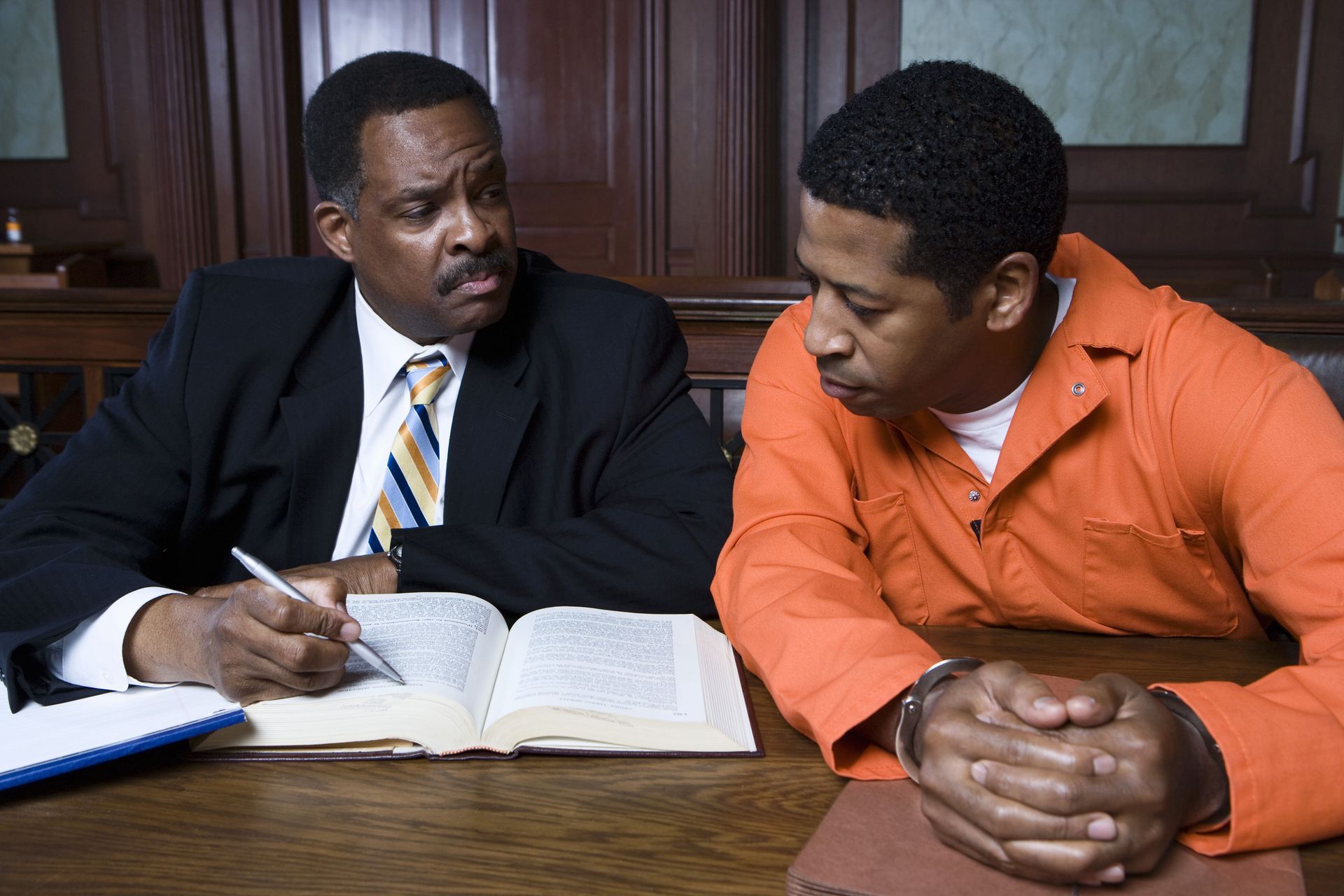

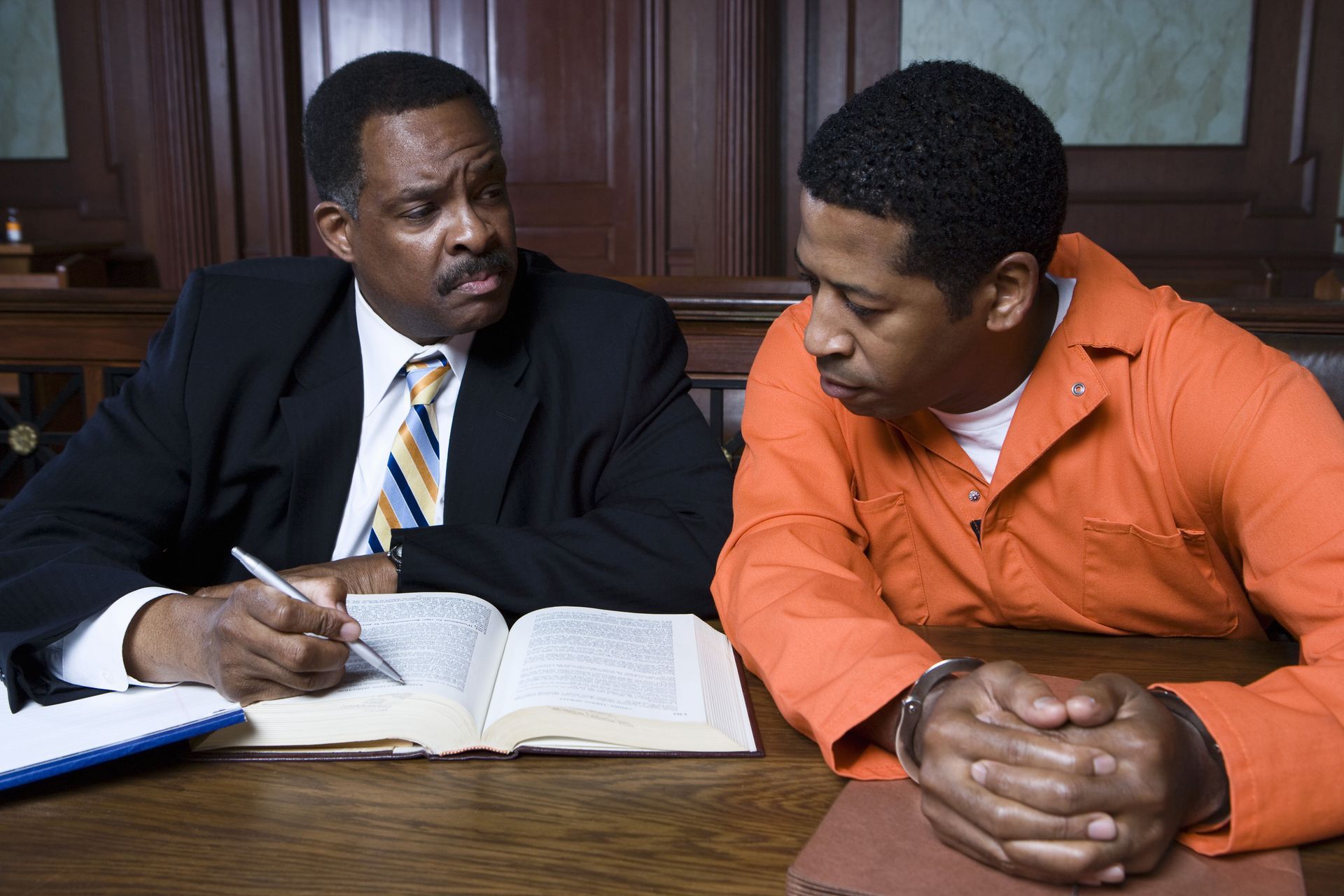
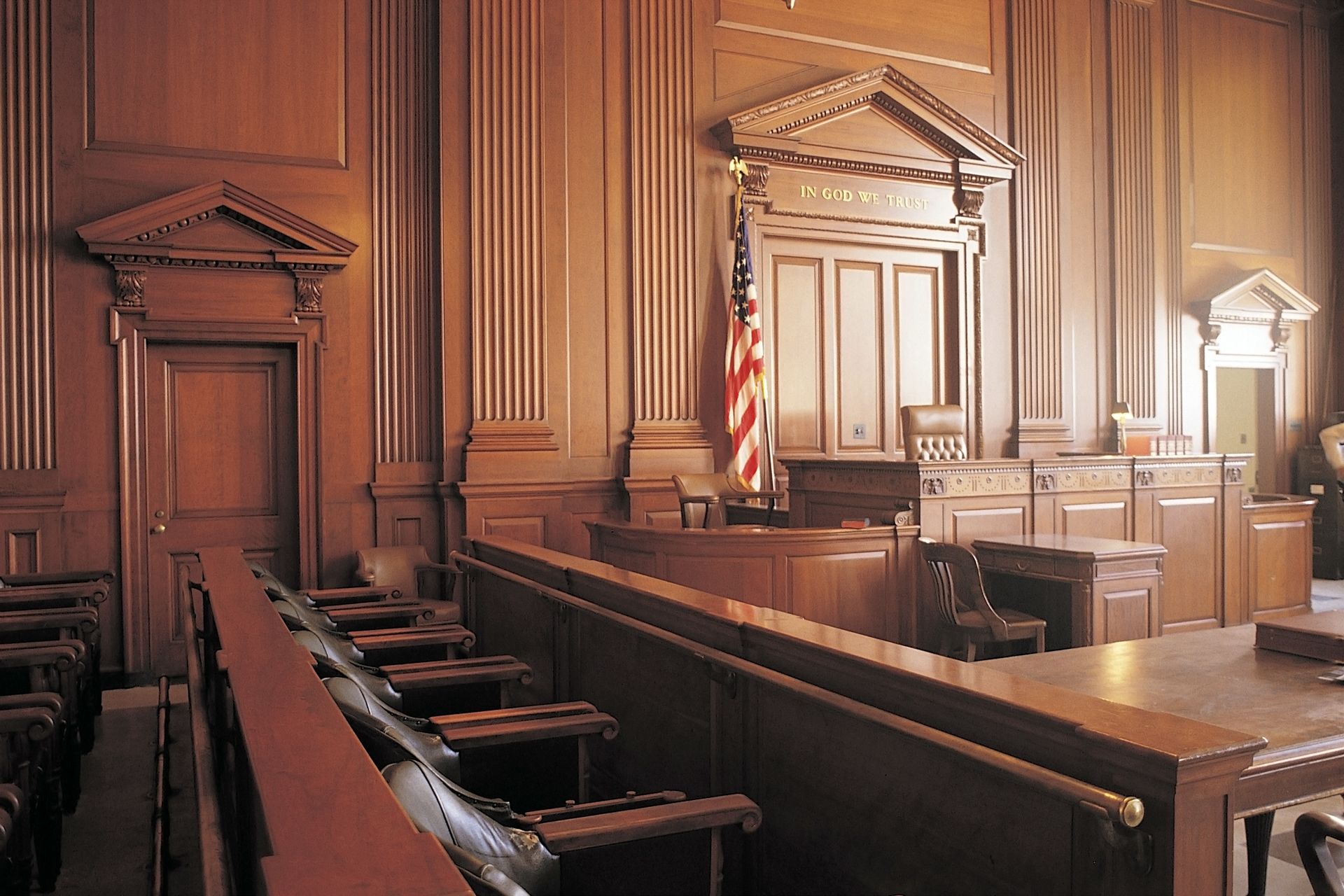
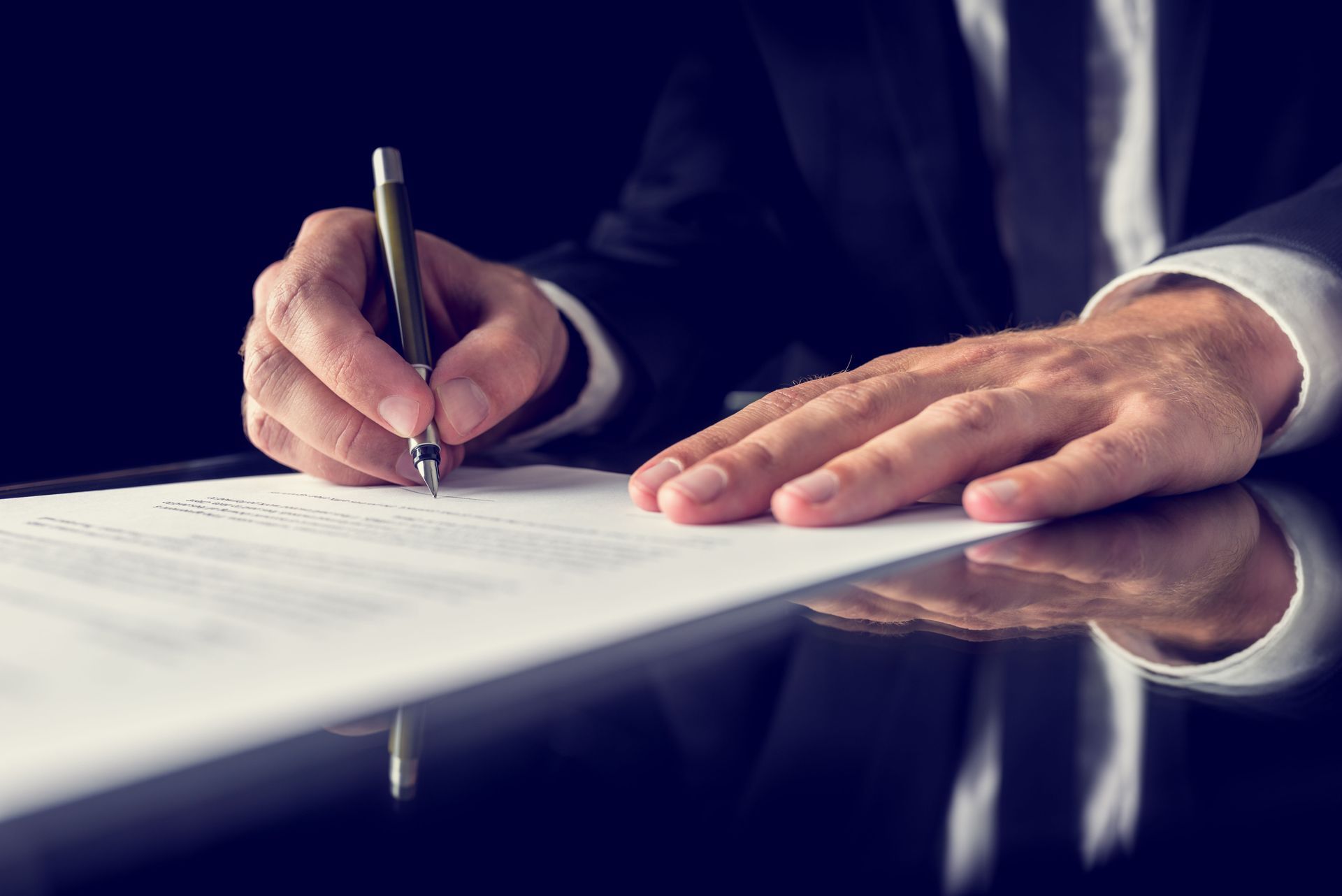
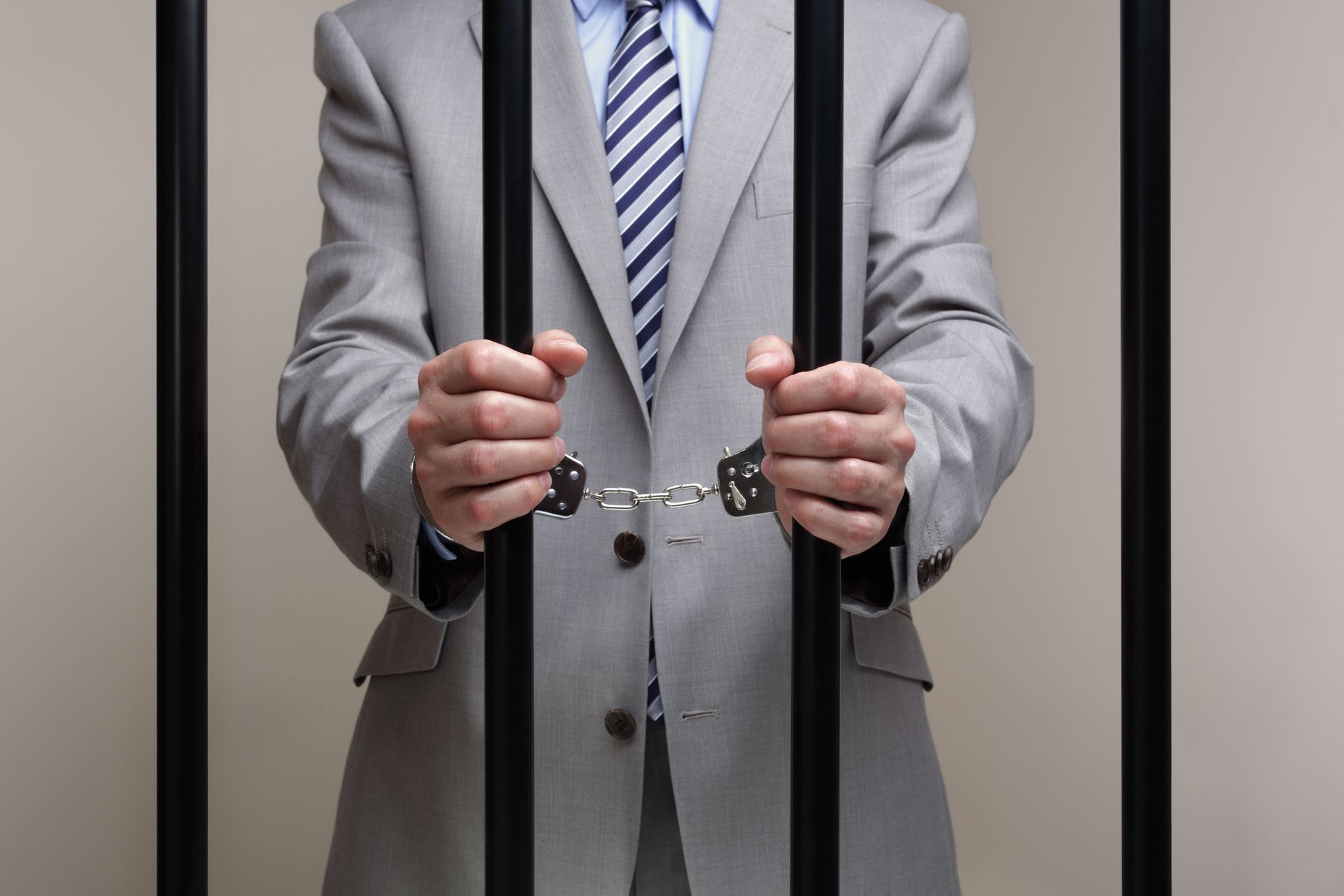
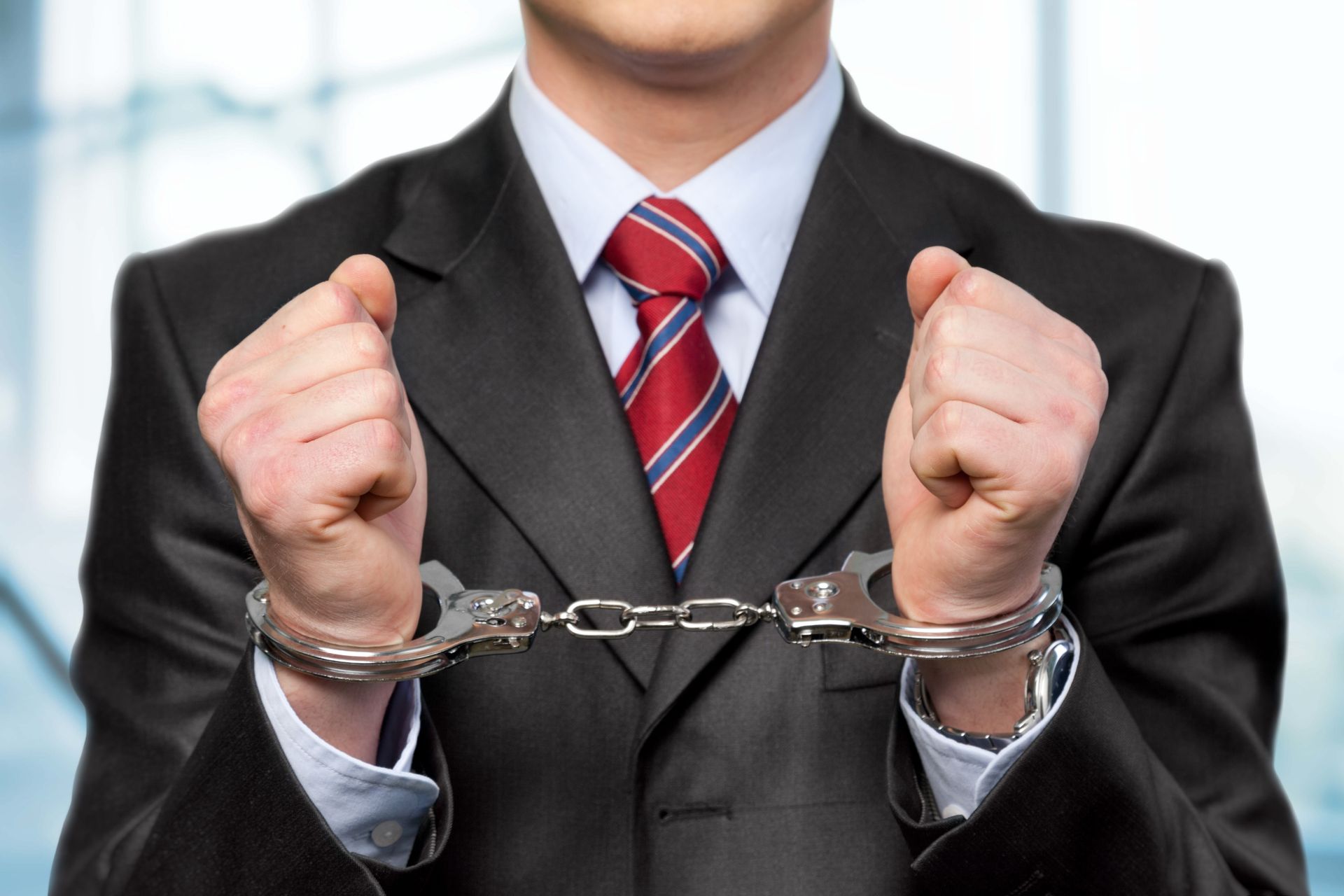
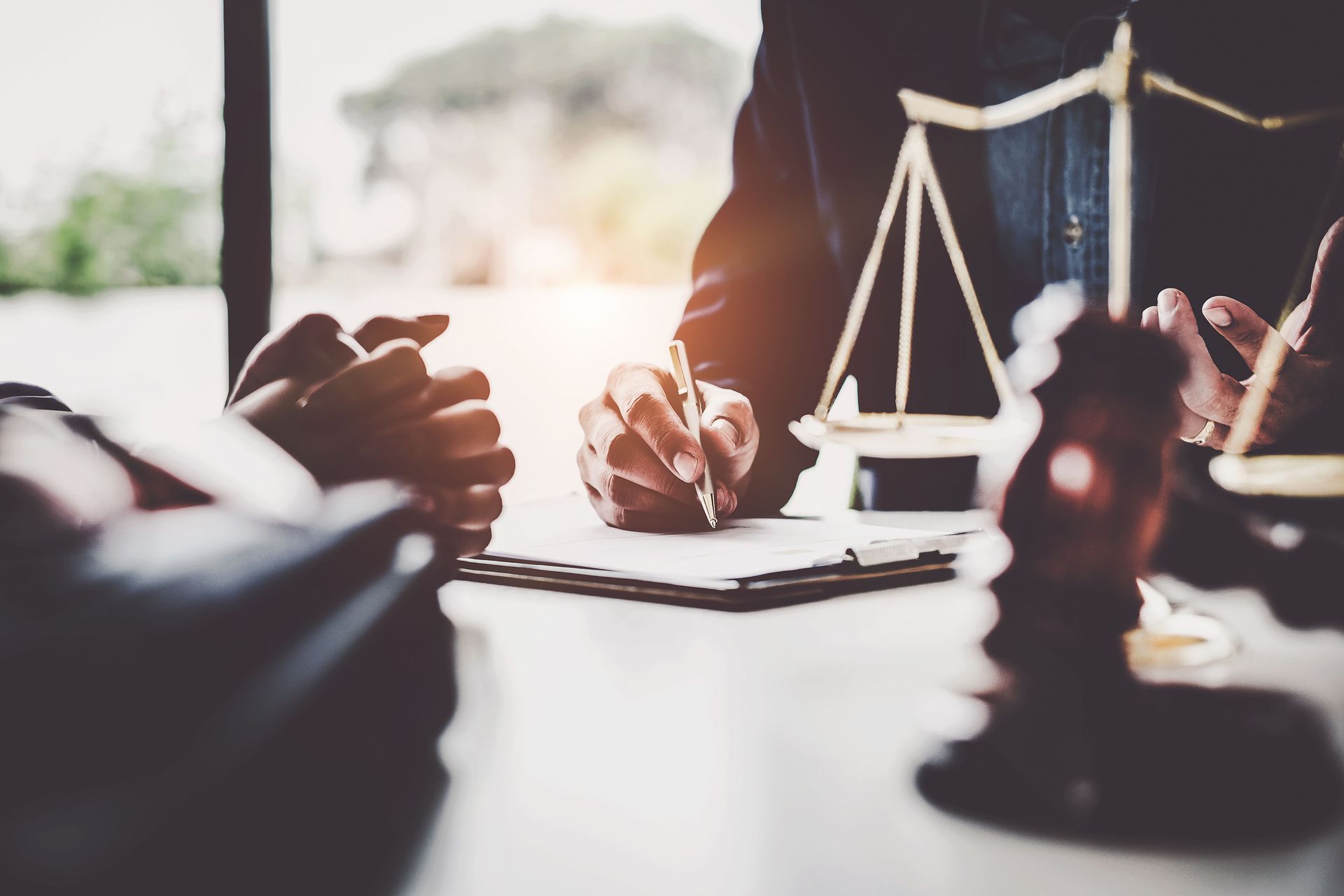
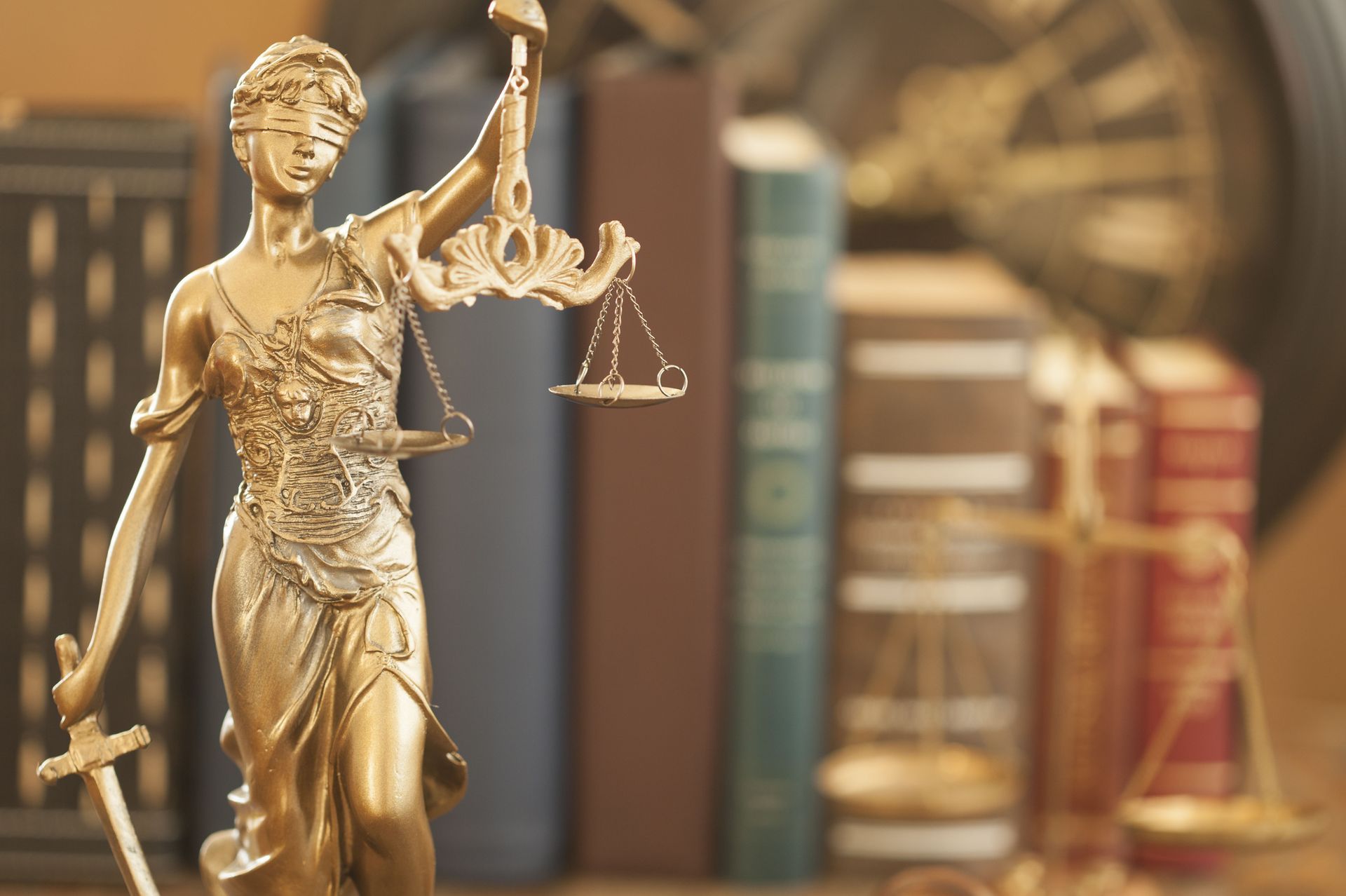
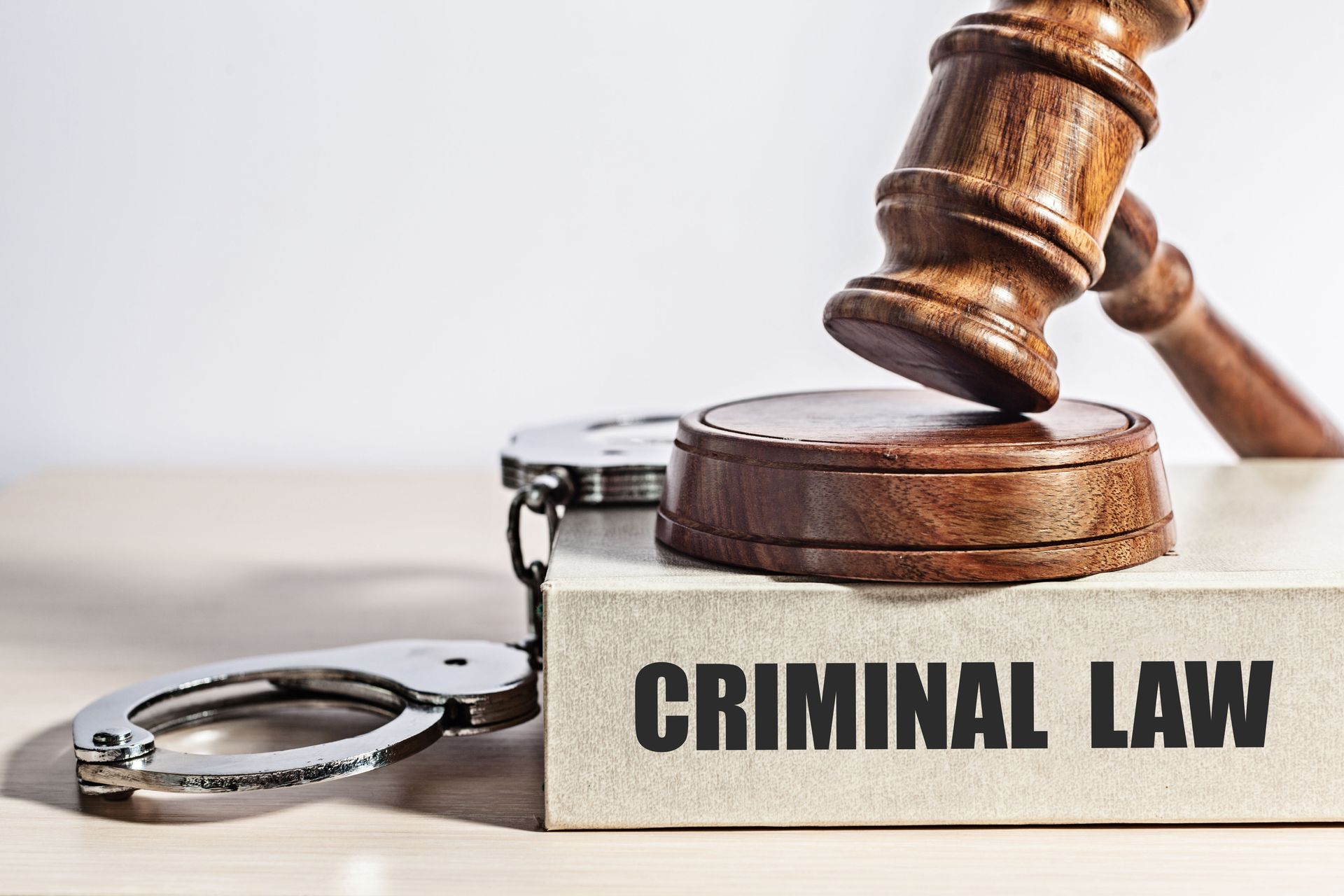
Share On: